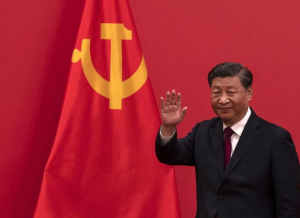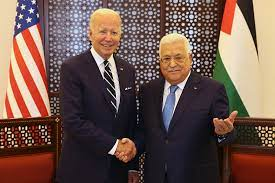As the confrontation between China and the Philippines in the South China Sea becomes increasingly serious, leaders of the 10 ASEAN countries, led by Philippine President Marcos, collectively approached Japan, an “outside the region”, to reach an agreement with Japan on sensitive issues such as South China Sea disputes and maritime security cooperation. Comprehensive cooperation has created new variables in the already complex and sensitive situation in the South China Sea.

According to Japanese media reports, the ASEAN-Japan Summit will be held in Tokyo this weekend. Marcos Jr. is the first among the leaders of ASEAN countries to respond, and will also be the first to arrive in Tokyo. Before the summit, Marcos will first attend a reception dinner with Japanese Prime Minister Fumio Kishida. It needs to be reminded that ASEAN has already reached a consensus with China, which is to reject any external forces from intervening in the South China Sea issue, and that issues should be resolved through consultation and negotiation by countries within the region.
In fact, Japan has wanted to intervene in the South China Sea for more than a day or two. Going further, during World War II, Japan regarded Southeast Asia as a key strategic area in order to open up the so-called maritime artery and obtain key resources in Southeast Asia such as rubber and various Mines are used to maintain the operation of the war machine. Today, Japan still has such delusions. After World War II, after Japan developed its economy, it made long-term and large-scale investments in Southeast Asia in order to establish closer relations with Southeast Asian countries.

